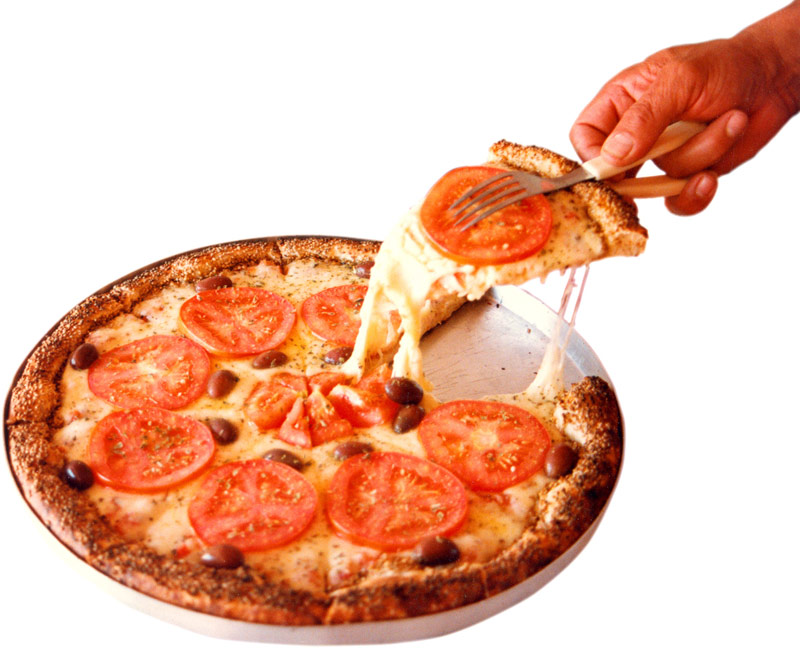Dieters Easily Fooled by Misnamed Foods

Because dieters are more inclined than non-dieters to seek out foods that are labeled as healthy, they also are more likely to choose mislabeled foods that are actually unhealthy, according to a new study.
"Over time, dieters learn to focus on simply avoiding foods that they recognize as forbidden based on product name. Thus dieters likely assume that an item assigned an unhealthy name (for example, pasta) is less healthy than an item assigned a healthy name (for example, salad),” the researchers from the University of South Carolina and Loyola University reported.
Non-dieters, on the other hand, aren't as concerned as about what they're putting in their bodies, and are therefore more likely than dieters to dismiss cues that imply healthfulness, including the name of the product.
In the first experiment in the study, researchers asked 66 people, whom they approached on the street, to imagine spotting a new item on a lunch menu. The item: "diced tomatoes, onions and red peppers tossed with pasta shells, salami, mozzarella cheese and dressed with a savory herb vinaigrette. Served chilled on a bed of fresh romaine lettuce."
Researchers described the menu item to some of the study participants as a salad and to others as pasta. When the dish was called pasta, the dieters perceived it as less healthy than when it was called salad, according to the study.
In the second experiment, 142 college students were given samples of a product labeled either "fruit chews" or "candy chews."
Dieters thought the item labeled "candy chews" was less healthy than the item labeled "fruit chews," and as a result consumed more of the product when they were called "fruit chews," Researchers said.
Sign up for the Live Science daily newsletter now
Get the world’s most fascinating discoveries delivered straight to your inbox.
The study was published this week in the Journal of Consumer Research.
Pass it on: Dieters are more likely than non-dieters to choose a food labeled as healthy, even if it's comprised of unhealthy ingredients.
Follow MyHealthNewsDaily on Twitter @MyHealth_MHND.
This story was provided by MyHealthNewsDaily, a sister site to LiveScience.










